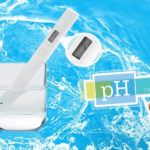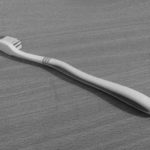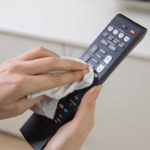To Wash or Not to Wash Chicken Before Cooking?
According to PGS.TS Nguyen Duy Thinh (former staff of the Institute of Biotechnology and Food Technology – Hanoi University of Technology), washing chicken before cooking is necessary. According to him, the principle of food processing requires that all food be washed with clean water to remove dirt and impurities.
PGS.TS Nguyen Duy Thinh affirmed that no one would buy chicken from the market without washing it thoroughly before cooking. Because most of the processed chicken at the market, such as feather removal and butchering, is usually not hygienic. When we do it ourselves, we also have to wash it before processing. If we don’t prepare the food carefully before cooking, it not only fails to ensure hygiene but also increases the risk of infection with harmful bacteria.
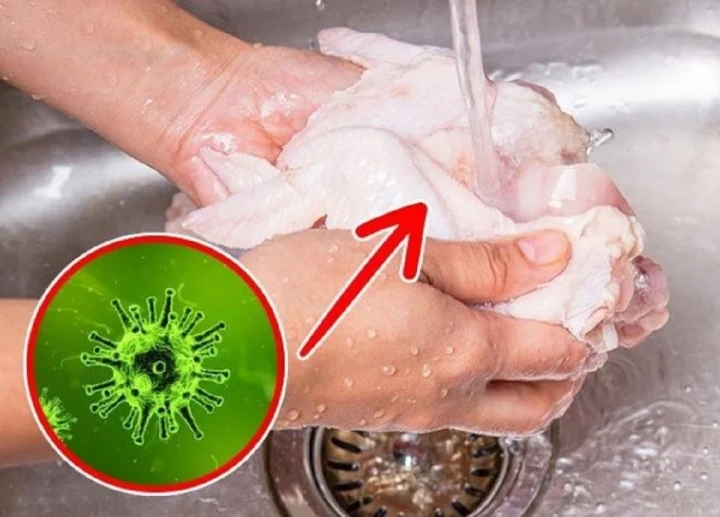
Many housewives usually put chicken under the tap water and proceed to wash it without knowing that this can be very harmful. (Illustration photo).
Incorrect ways to wash chicken
Washing raw chicken with cold water
Housewives usually have the habit of washing chicken before cooking because they believe that this will reduce bacteria or sliminess in chicken. And this reason seems valid because raw chicken can easily be contaminated with bacteria such as campylobacter and salmonella which can infect humans.
But in reality, washing chicken with water is not actually effective in reducing bacteria. According to the advice of health experts on food safety, this can actually spread bacteria and increase the risk of cross-contamination, making people more prone to illness.
Directly washing chicken under the tap
Concerned about the cleanliness of chicken, many housewives usually place the chicken under the tap and proceed to wash it without realizing that this can be very harmful. Because during the washing process, the water used to wash the chicken can splash onto other foods such as raw vegetables and fruits.
The water that comes into contact with these raw foods for a long time can produce harmful bacteria that can be detrimental to our health.
Soaking chicken in hot water
In addition to the habit of washing chicken under the tap, many people also use warm water to quickly soak the chicken. It is assessed that this habit can cause the nutrients in the chicken to be lost, causing the chicken to contract and be unable to expel toxic substances from the body.
According to experts, bacteria can only truly die at a high temperature of 100 degrees, so soaking chicken in boiling water does not produce the desired result. On the contrary, bacteria can still penetrate the chicken. Additionally, this process also causes the chicken to lose its natural flavor.
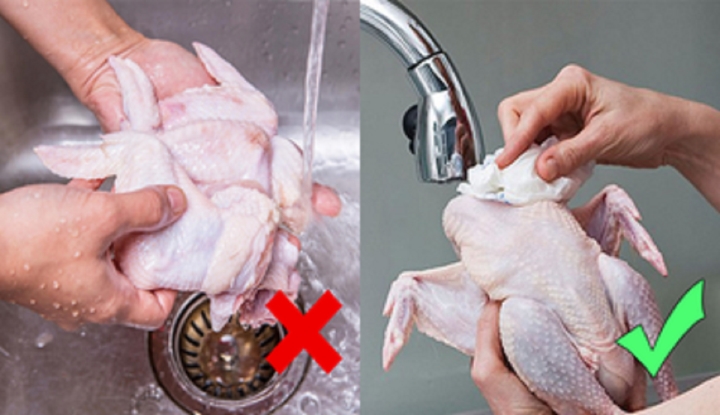
It is advisable to wash chicken with diluted saltwater for about 30 minutes, then rinse it with cold water several times. (Illustration photo).
The most proper way to wash chicken
If you want to remove bacteria from chicken, wash it with diluted saltwater for about 30 minutes. Then rinse it with cold water several times to ensure your health. When cooking, make sure the chicken is thoroughly cooked and avoid eating it raw to prevent disease.
In addition, it is important to pay attention to hygiene when handling chicken. If you have chopped, sliced, and washed the chicken, make sure to clean the utensils and objects around with soap or specialized cleaning solutions. Also, always wash your hands thoroughly with soap and warm water to prevent the spread of bacteria.
When storing chicken, keep it in the last compartment of the refrigerator or wrap it in a bag to prevent bacterial droplets from sticking to other food.
After buying chicken from the store, put it in the refrigerator immediately and avoid leaving it outside for too long. Although the temperature of the refrigerator is not enough to completely eliminate the Campylobacter bacteria, it can reduce the number of bacteria that grow.
If you want to thaw chicken, use a microwave or rinse it under cold water. Do not thaw it at room temperature as it can promote the rapid growth of bacteria and cause food poisoning.
According to VtC.vn
8 Common Mistakes People Make with Cutting Boards
Are you using your cutting board correctly? Many Vietnamese households rely on cutting boards in their kitchen, but not everyone knows how to use them properly, especially when it comes to wooden cutting boards. Check out these 8 mistakes to avoid when using a cutting board to ensure both hygiene and safety for everyone in your family.

























